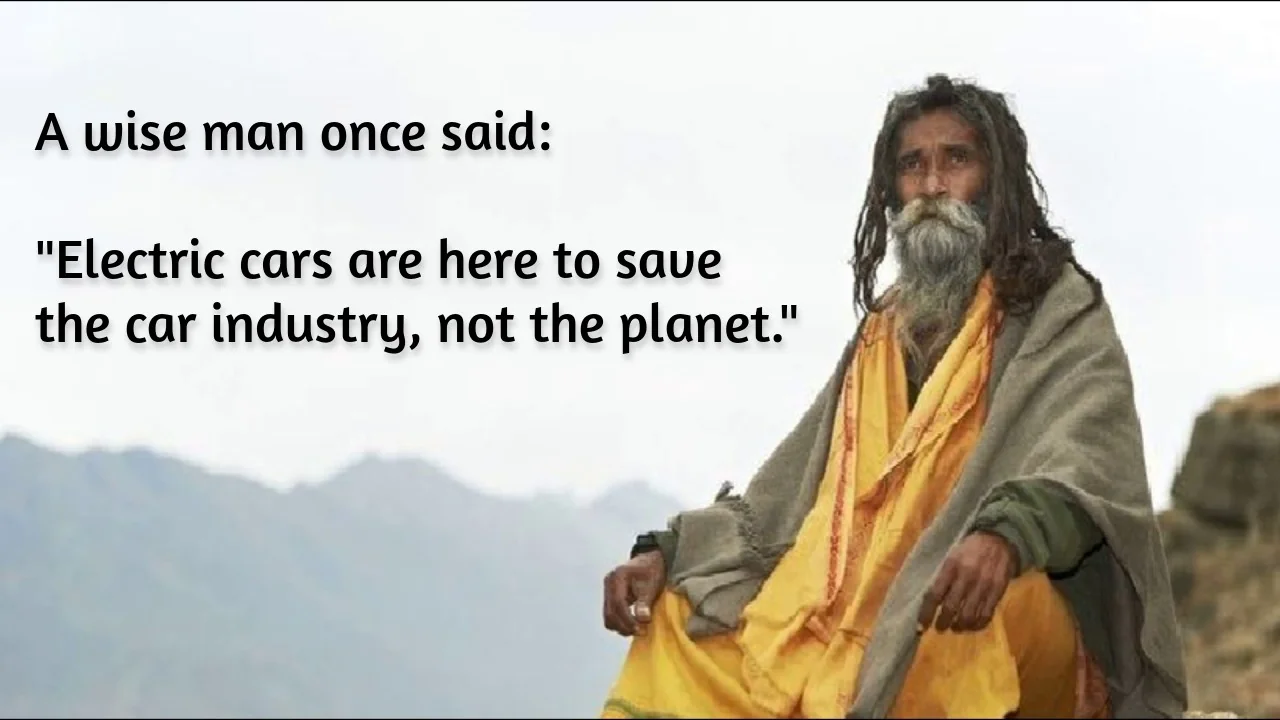Fuck Cars
A place to discuss problems of car centric infrastructure or how it hurts us all. Let's explore the bad world of Cars!
Rules
1. Be Civil
You may not agree on ideas, but please do not be needlessly rude or insulting to other people in this community.
2. No hate speech
Don't discriminate or disparage people on the basis of sex, gender, race, ethnicity, nationality, religion, or sexuality.
3. Don't harass people
Don't follow people you disagree with into multiple threads or into PMs to insult, disparage, or otherwise attack them. And certainly don't doxx any non-public figures.
4. Stay on topic
This community is about cars, their externalities in society, car-dependency, and solutions to these.
5. No reposts
Do not repost content that has already been posted in this community.
Moderator discretion will be used to judge reports with regard to the above rules.
Posting Guidelines
In the absence of a flair system on lemmy yet, let’s try to make it easier to scan through posts by type in here by using tags:
- [meta] for discussions/suggestions about this community itself
- [article] for news articles
- [blog] for any blog-style content
- [video] for video resources
- [academic] for academic studies and sources
- [discussion] for text post questions, rants, and/or discussions
- [meme] for memes
- [image] for any non-meme images
- [misc] for anything that doesn’t fall cleanly into any of the other categories
Recommended communities:
view the rest of the comments

So you'll buy an electric car for some 20k+ once that car breaks down to haul your frequent furniture and lumber purchases?
Because the discussion isn't about 'I have a car and won't exchange it for a train' but 'moving transportation onto trains instead of electric cars would be a lot more beneficial as the future of transportation'
So I've worked in intermodal (port to train to truck) freight logistics. What you're missing here is that
"last mile delivery" is a substantial portion of logistics. Semi trucks generally do not take goods to anywhere but big-box stores. Box trucks do that.
intermodal is great, but even if we massively expended rail in the US, trucks would be needed to haul a majority of freight. Logistics deals are negotiated on narrow margins, sometimes down to individual dollars. It is a MASSIVE industry, and intermodal is only truly competitive with certain freight coming and going from certain places.
The Wal-Mart in Whitesburg KY is not ever going to have an intermodal station in it, but they still need food for the grocery store, parts for the hardware store, etc
It is a massive benefit to society to pursue driverless, electrical vehicles, for the logistics industry alone.
I think freight logistics is another topic though. (Last mile) Deliveries will likely stay on trucks and vans, simply because it isn't feasible to have tracks to everyone's house. Though increased usage of trains would probably still be cheaper and more efficient here.
My point of argument was related to personal travelling (getting to work, buying groceries, ...), as the comment I replied to discussed. Those are activities we could or should probably try to move onto rails or more generally public transport rather than trying to have the same number of cars but just electrified.
Though there might also be regional differences in feasibility. European cities tend to be much more built around public transport and walkable distances, making it much easier to adopt such measures than most of rest of the world (for various reasons).
As soon as car makers start releasing electric vehicles that aren't concept art and actually useful, I'm first in line. Waiting for phev suv or ute to make it's way to Oz. (The Mitsubishi only has a phev range of about40km, doesn't cut it for even a local commute